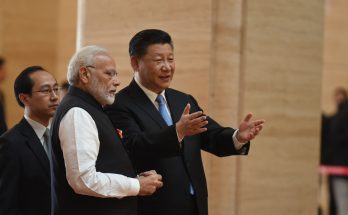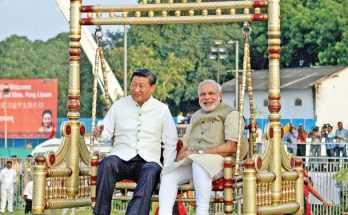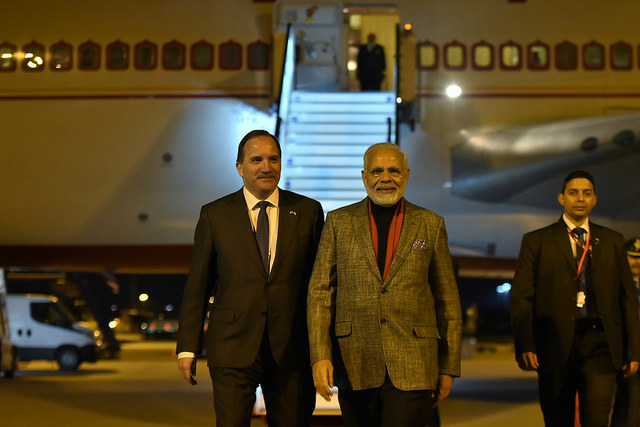: In an oblique critique of China’s Belt and Road Initiative, India and the UK have pitched for “a secure, free, open, inclusive and prosperous Indo-Pacific region.”India’s Prime Minister Narendra Modi held wide-ranging talks with his British counterpart Theresa May in London on Aoril 18, which culminated in a roadmap for advancing India-UK relation across the spectrum.Beside bilateral issues, a host of geopolitical issues also figured prominently in the discussion. Without naming China, the joint statement underlined the shared commitment of India and the UK for a rules-based international system.“A secure, free, open, inclusive and prosperous Indo-Pacific is in the interests of India, the UK and the international community,” it said.
Read More









